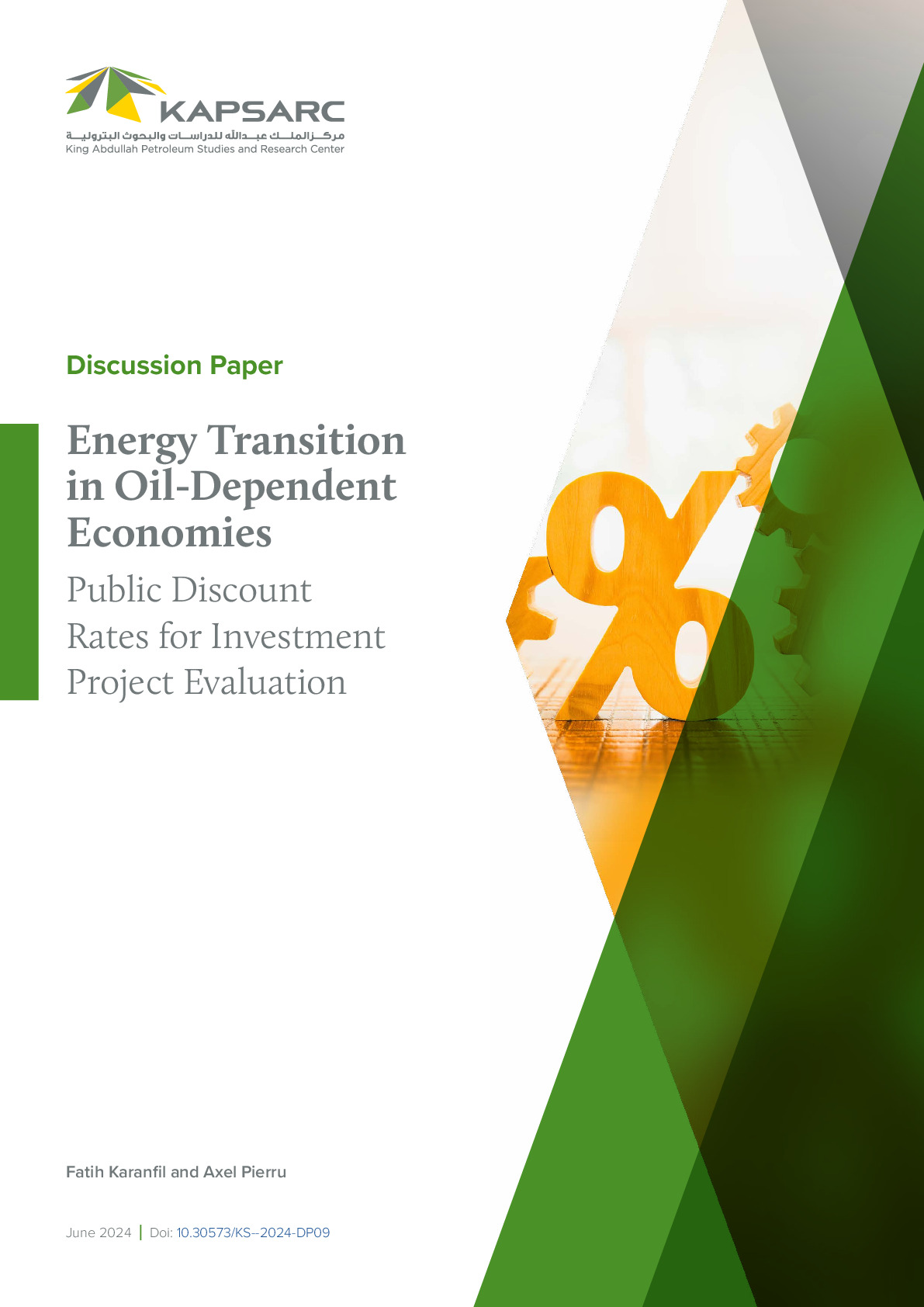Axel Pierru was appointed Vice President of Knowledge and Analysis by the Board of Trustees of KAPSARC in December 2023. In this role, he oversees and provides thought leadership to KAPSARC’s research and analysis activities.
He joined KAPSARC in 2011, after spending 15 years at IFP Energies Nouvelles in France where he led research and consulting projects and taught energy economics and finance to postgraduate students. He has served in various leadership roles at KAPSARC, including serving as interim Vice President for Research. From 2014 to 2023 he was a program director, leading the Energy Systems & Modeling, Energy & Macroeconomics, and Energy Macro & Micro-Economics research programs.
Dr. Pierru earned his Ph.D. in economics from University Paris 1 Pantheon-Sorbonne (France). He also holds an HDR degree, which is a French accreditation to supervise research. In 2007, Dr. Pierru was awarded Chevalier dans l’Ordre des Palmes Académiques (knighthood award in the academic field) by the French Ministry for National Education. He is an editor of The Energy Journal, as well as the corecipient of the 2023 OPEC Award for the Best Energy Research Paper, a first-time honor from OPEC.
He leads the Knowledge & Analysis team in designing applied research that blends methodological innovation with practical significance for policymaking. His expertise covers energy economics, policy and finance, the oil market, energy transitions, and commodity-exporting economies.
Dr. Pierru has a proven track record of methodological innovations with over 50 journal papers to his name. He has been a key contributor to developing new research avenues, such as the role of OPEC in stabilizing the oil market, the economic modeling of price controls, or the evaluation of investment projects by international oil companies facing various tax systems.
He also coauthored with Denis Babusiaux the book Corporate Investment Decisions and Economic Analysis: Exercises and Case Studies (2005), a culmination of years of teaching, consulting, and research.






